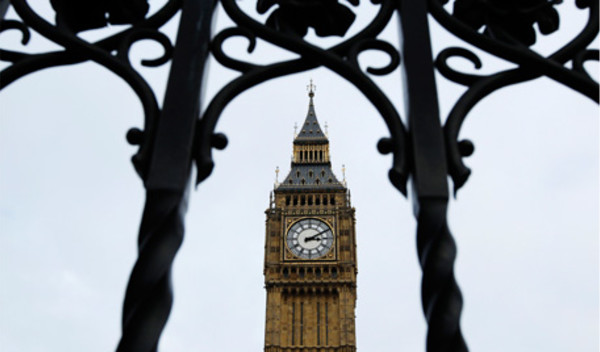

Last week the Financial Conduct Authority laid out plans to update the way it calculates redress owed to consumers who received unsuitable advice when transferring out of a DB pension.
But these measures have been accused of addressing the problem of unsuitable DB transfer advice after it has occurred rather than providing a solution to the initial issue.
The transfer value analysis (TVAS) assumptions that underpin pension advice given have not been changed in a decade, and the FCA recently told pension advisers that they should not rely solely on measures such as the critical yield needed to match annuity purchase at the time of retirement, when advising on transfers.
Mike Morrison, head of platform technical at AJ Bell, said that a “perfect storm” of employers keen to reduce the ongoing cost of DB schemes, trustees of DB schemes looking to de-risk, and record high transfer values due to low gilt yields has resulted in “significant growth in the number of DB schemes being considered for transfer”.
He added that death benefit rules under DB schemes are more restrictive than that on DC schemes, “particularly in these days of the non-nuclear family where beneficiaries might not be dependent”.
Steven Cameron, pension director at Aegon, said that the pensions industry has moved on since the original TVAS rules were made, as the pension freedoms mean that people no longer buy an annuity as default and retirees now value a flexible and individualised approach to drawing a retirement income.
“Before reviewing how to calculate redress where advice on a DB to DC transfer is deemed unsuitable, we need to review what constitutes suitable advice here,” Mr Cameron said.
Steve Webb, director of policy at Royal London, suggested that there should be greater focus on the different cash flow options that individuals have if they stay in their DB scheme or if they move to a defined contribution plan.
“I have been over to the FCA to raise these issues with them and have fed in some ideas. They were in listening mode but I was encouraged that they were willing to have this conversation.”
Mr Webb added that he would like to see the option of partial transfers introduced to all DB schemes, as only some offer it now.
Partial transfers would allow individuals to secure income through a state pension and partial DB pension and take the remainder in cash.
“This would de-risk the whole process instead of giving people an all-or-nothing choice. It might also make advisers feel more positive about entering into the market,” Mr Webb said.
A change to the TVAS methodology is “eminently possible”, according to Old Mutual Wealth’s pensions technical services manager,Jon Greer, who said that many reports already include a drawdown comparison, although the assumptions used may differ between each TVAS provider.
“The FCA will need to make a number of assumptions to create a new common approach that takes into account the changing world of retirement options,” Mr Greer said.
julia.faurschou@ft.com



